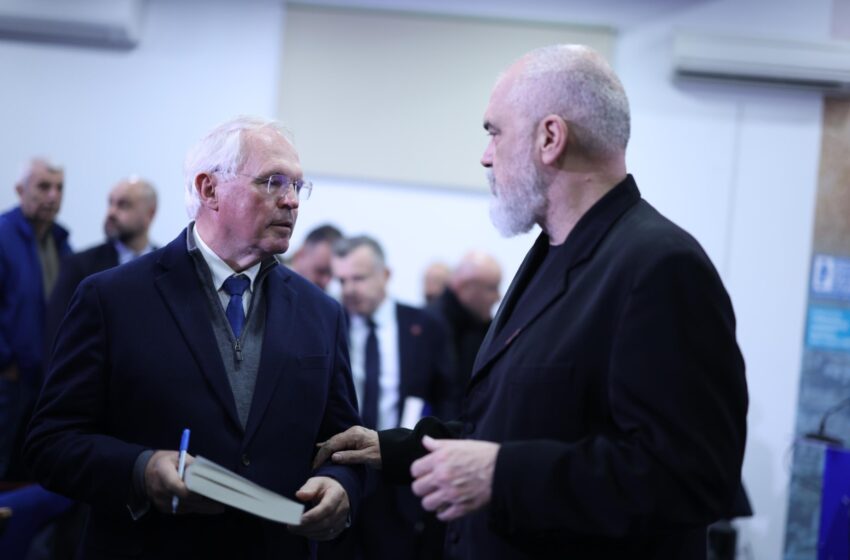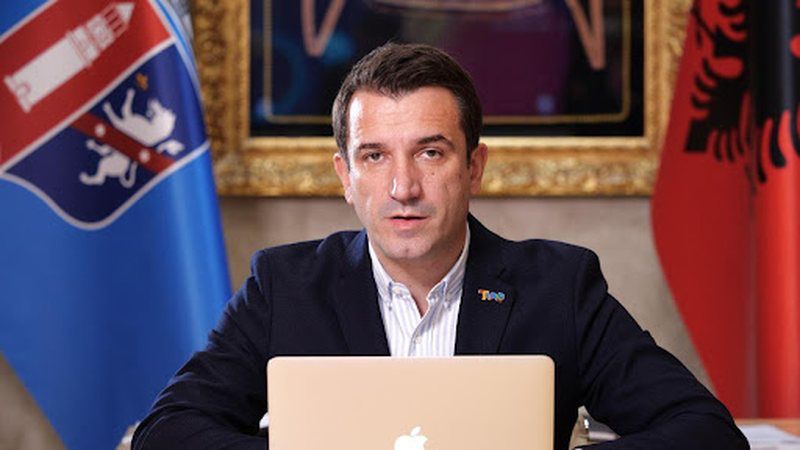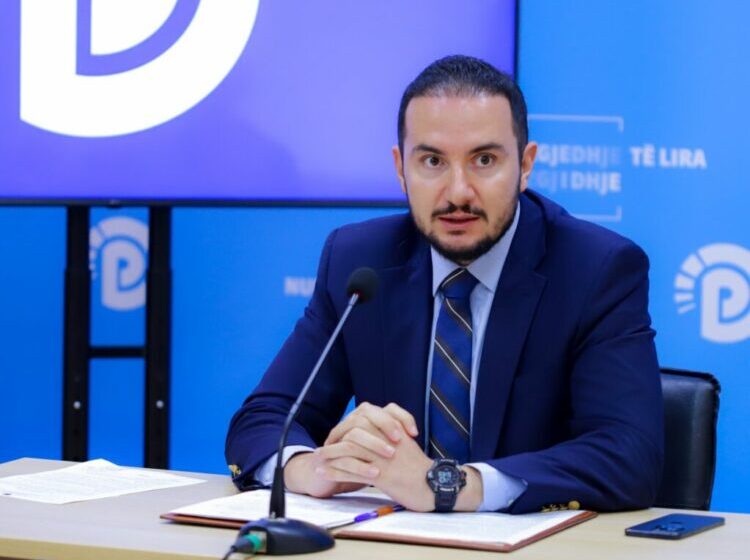Serbian protests and Western criticism in response to closure of Serbia-run ‘parallel institutions’ in Kosovo

Raids by Kosovo’s Police on Friday led to the closure of the parallel municipalities run by Serbia in North Mitrovica, Zubin Potok, Leposavic and Zvecan, and the parallel offices of the Mitrovica District. The move triggered criticism by the US and the EU, as well as protests by Kosovo Serbs in North Mitrovica.
Why is it relevant
This is a further effort by Kosovo’s government to extend its authority to the north of the country, in accordance with the agreement reached in Brussels in 2013 to dissolve the so-called parallel institutions, which are financed and run by the government of Serbia. However, the US and the EU criticised the lack of coordination and stressed the risk that the move could further escalate tensions in the region.
Context
The Friday operation took place amid international criticism of the Kosovo Government for its “unilateral and uncoordinated” actions, after the closure of several branches of the Serbian Post in the north last month and announced plans to open the main bridge over the Ibar River, which separates the predominantly Albanian south from the predominantly Serb north of Mitrovica.
The President of France, Emmanuel Macron, said last week during a visit in Belgrade that European partners are concerned about Kosovo’s “unilateral moves.” Kosovo’s Prime Minister, Albin Kurti, responded by stating that his government is establishing the rule of law and public order, as well as ensuring peace and security for all citizens of Kosovo, without distinction.
The US ambassador to Pristina, Jeffrey Hovenier, criticized the closure of parallel institutions on Friday by stating that the US “reiterates its concern and disappointment with continuing uncoordinated actions taken by the government of Kosovo that continue to have a direct and negative effect on members of the ethnic Serb community and other minority communities in Kosovo. As we have previously noted, the government of Kosovo’s uncoordinated actions put Kosovan citizens and KFOR [NATO’s Kosovo force] soldiers at greater risk, unnecessarily escalate regional tensions, and undermine Kosovo’s reputation as a reliable international partner”.
This concern was echoed by the German Ambassador in Prishtina who stressed the need for ‘no more unnecessary crisis mode’ so that the EU can ‘lift measures [against Kosovo] and move on regarding Kosovo ‘s regional and European integration.’ The French Ambassador emphasised that ‘actions that have a detrimental and indiscriminate impact on members of a community, in this case members of the Serb community, are not welcome. Unilateralism doesn’t bring lasting solutions.’
The Albanian Foreign Minister Igli Hasani also stated last week that ‘”we have told our sisters and brothers in Prishtina that all the steps and decisions they take should first be discussed with those who care about them deeply and hold them close to their hearts.”


